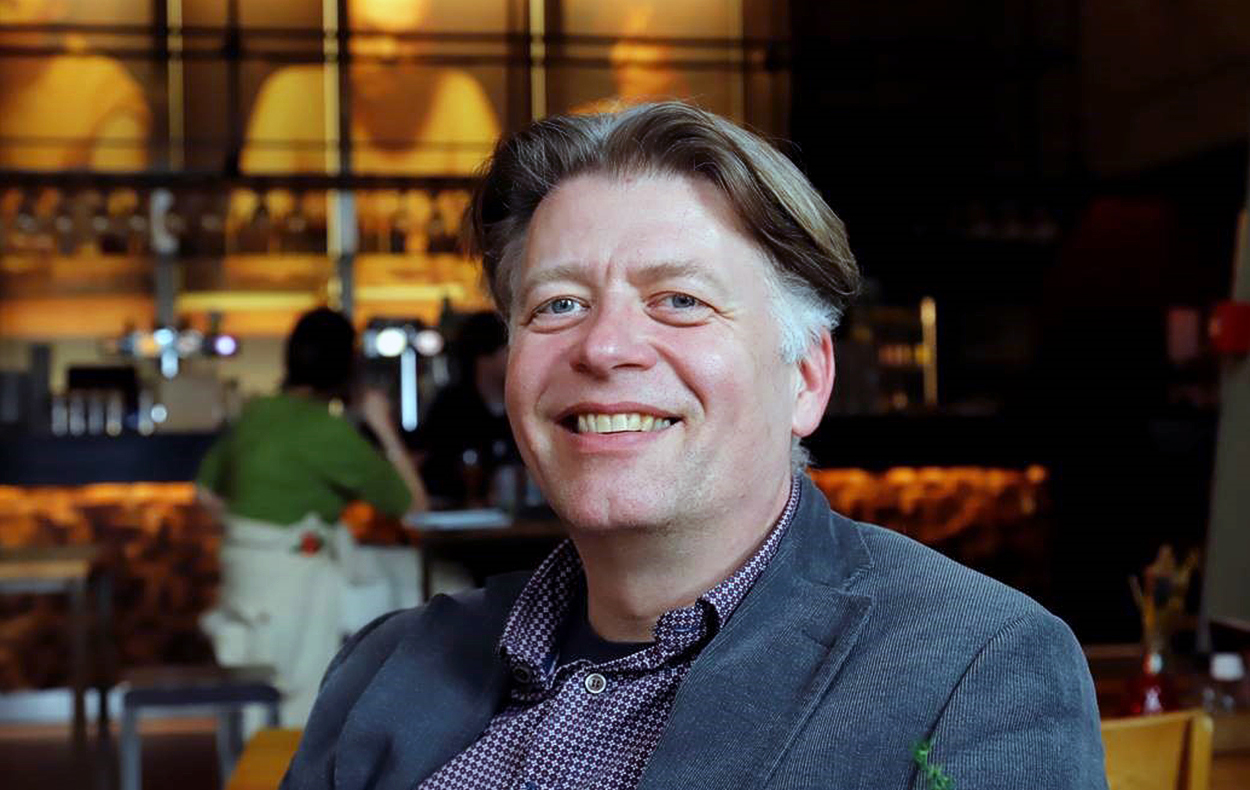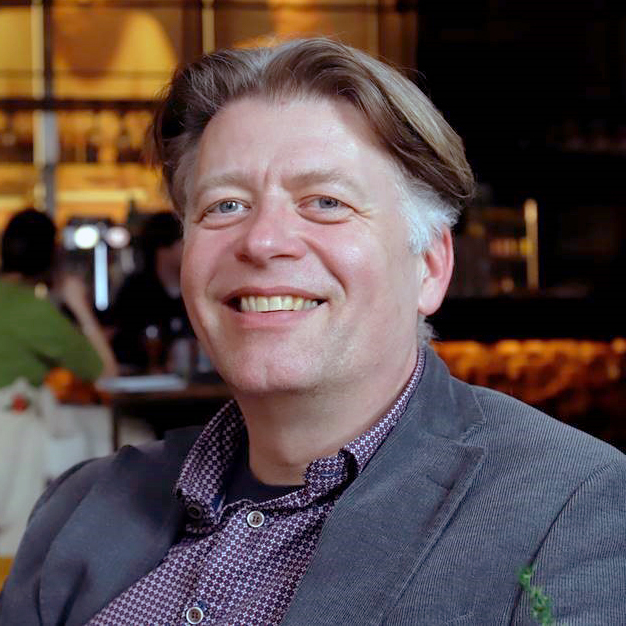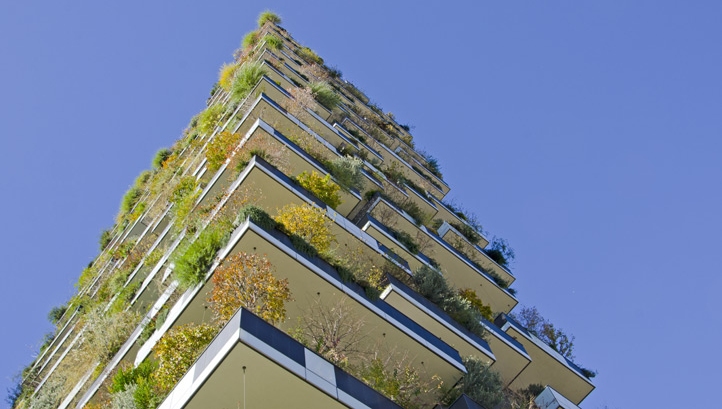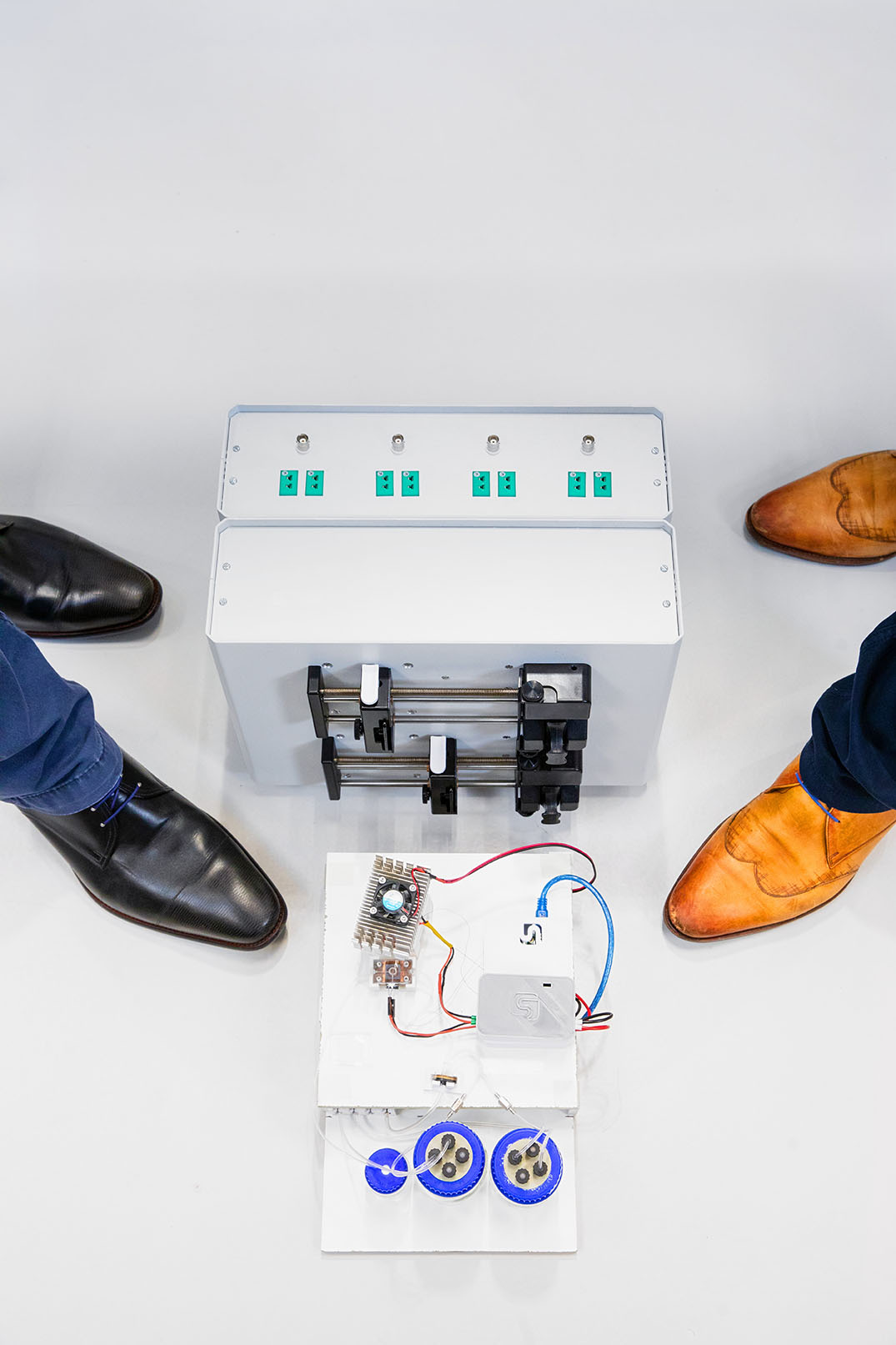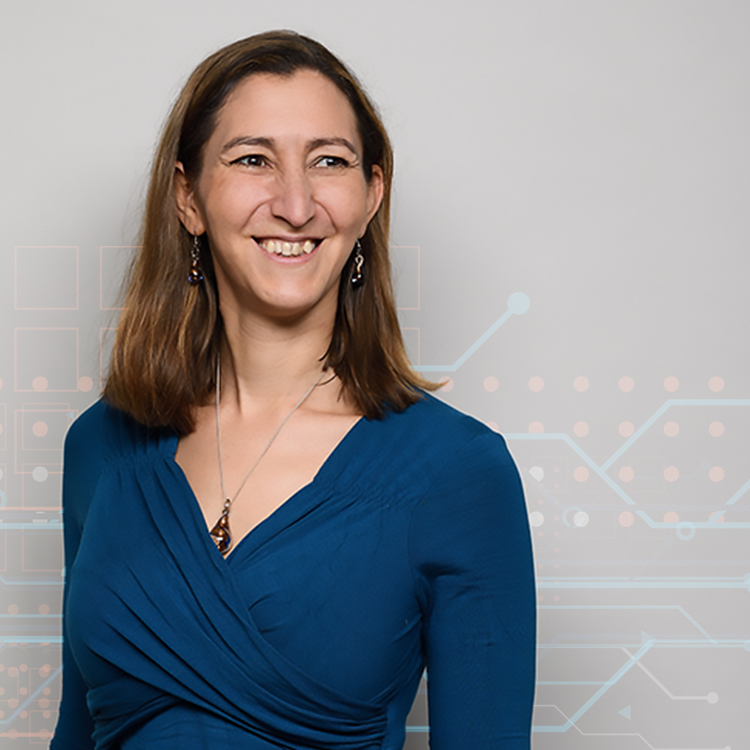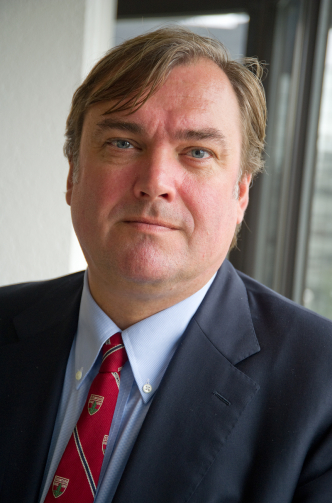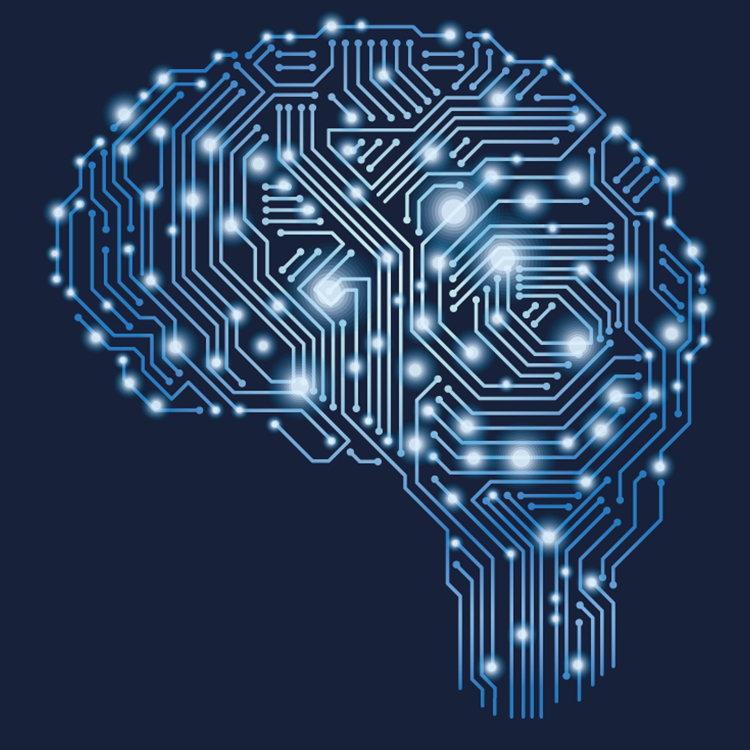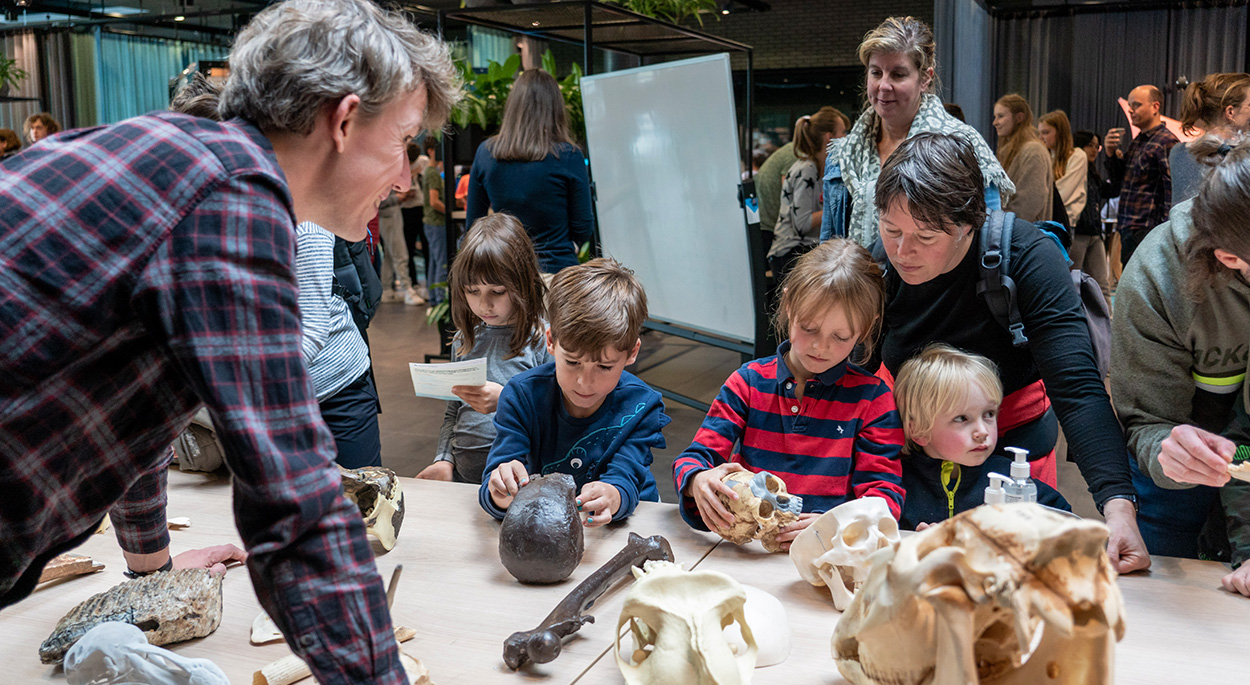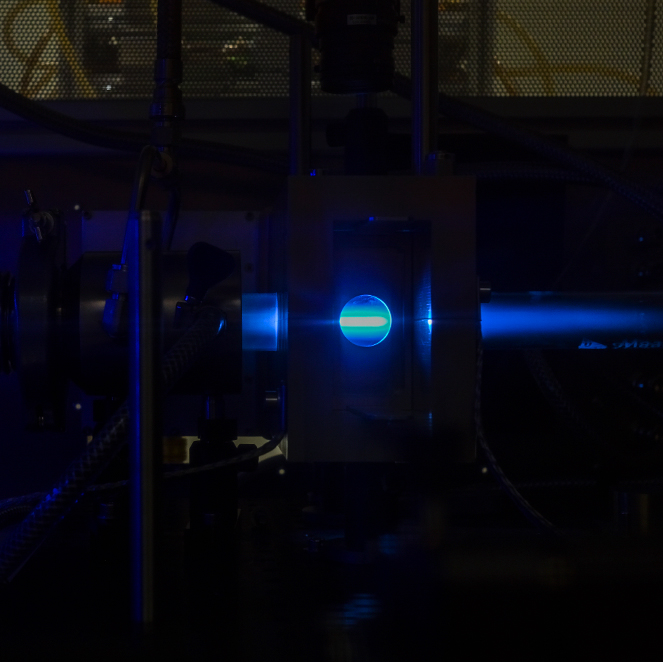News
-
Gerard van Rooij, professor of plasma chemistry at Maastricht University, delivered his inaugural lecture in June. He began his work at Eindhoven, researching nuclear fusion power facilities, which mimic the sun on Earth. His research in Maastricht is focused on transforming solar and wind energy...
-
Prof. dr. ir. Gerard van Rooij will deliver his inaugural lecture titled "Out of Balance" on 02 June. With this lecture, he officially begins his tenure as professor of plasma chemistry at Maastricht University.
-
Is sustainability worthwhile? Or is it only worth it if it makes financial sense? Professor in Real Estate Finance Nils Kok and Professor of Planetary Health Pim Martens discuss.
-
It all started with an unexpected discovery. Bart van Grinsven, associate professor of Sensor Engineering, figured out how to detect microparticles—bacteria, toxins and proteins—in a liquid using a rapid testing method based on heat transfer. Through the startup Sensip-dx, Jaap Drenth is now turning...
-
Artificial Intelligence (AI): is it an amazing technology that we need to implement absolutely everywhere, or a boogeyman that could spell the end of humanity?
-
Special Chair of Text-Mining Jan Scholtes on how ChatGPT actually works, why it’s an amazing achievement and where we should probably exercise a bit of caution.
-
The programme, which will boost fundamental research in artificial intelligence through public-private collaborations, has a total budget of over 87 million euros. ROBUST will include 17 new labs across the Netherlands and recruit 170 new PhD candidates.
-
The aim of the Science Communication Incubator is to foster and support a group of researchers that bring science communication skills and knowledge into their teams.
-
Computers are already capable of making independent decisions in familiar situations. But can they also apply knowledge to new facts? Mark Winands, the new professor of Machine Reasoning at the Department of Advanced Computing Sciences, develops computer programs that behave as rational agents.
-
This summer, Dr. Paola Diomede (Circular Chemical Engineering) received the William Crookes prize. The prize is awarded for major contributions in plasma physics.
